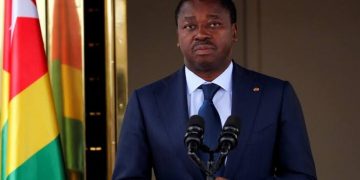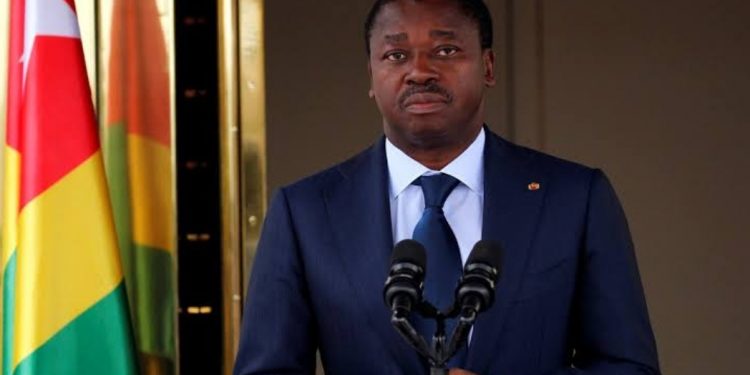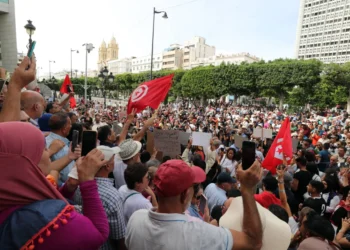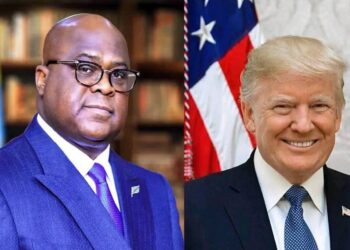By Lucy Adautin
Togolese President Faure Gnassingbe has approved a contentious new constitution that abolishes presidential elections, according to a statement released by his office on Monday evening.
Critics argue that this move will enable him to prolong his family’s six-decade reign.
The revised legislation grants parliament the authority to select the president, eliminating the process of direct elections. The election commission confirmed over the weekend, that Gnassingbe’s ruling party had secured a majority of seats in Togo’s Parliament.
Prior to the vote, there was a clampdown on civic and media liberties. The government prohibited protests against the proposed constitution and detained opposition figures. Additionally, the electoral commission barred the Catholic Church from sending election observers.
In mid-April, a French journalist dispatched to report on the elections was arrested, subjected to assault, and subsequently deported. Subsequently, Togo’s media regulatory body suspended the accreditation procedure for foreign journalists.
Provisional results showed the ruling Union for the Republic (UNIR) party won 108 out of 113 seats in parliament, and 137 out of 179 positions in the senate.
The new constitution extends presidential terms from five to six years and imposes a single-term limit. However, the almost two decades already served by Gnassingbe would not be included in this count.
READ ALSO: Nigeria Stands By Energy Transition Plans Despite Challenges – Minister
With the country under the control of the same family for 57 years, initially by Eyadema Gnassingbe and then by his son, Faure Gnassingbe, who assumed office after disputed elections, the opposition has labeled the regime as undemocratic.
Opposition members, religious leaders, and civil society argue that the proposed constitution paves the way for Gnassingbe to remain in power beyond 2025 when his current mandate ends. They are concerned that the introduction of a prime minister-like figure from the ruling party could offer another avenue for Gnassingbe to extend his hold on authority.
Approximately 20 civil society organizations in Togo have called for demonstrations to defend and restore the nation’s constitution.
David Dosseh, a spokesperson for the civil society groups said, “We will never accept this new constitution, even after its promulgation. The Togolese people must decisively look towards 2025. At that point, a presidential election is absolutely necessary for the people to choose a new president and finally achieve a democratic transition in Togo.”




































